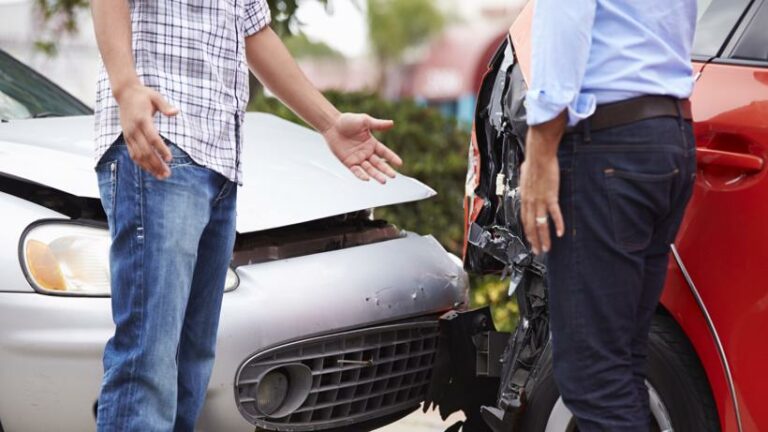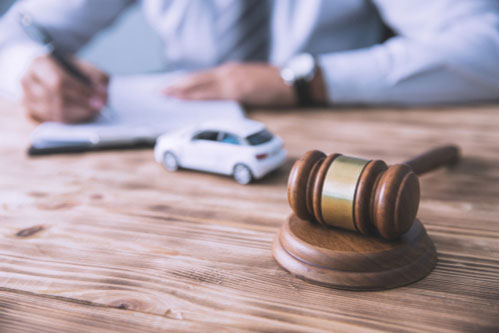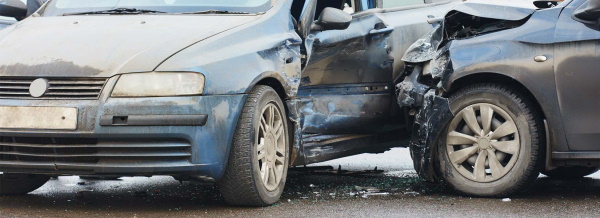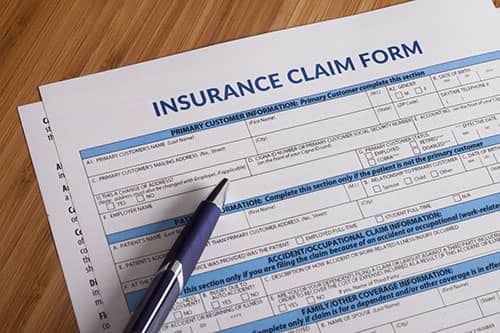Car accidents can be unsettling and confusing, leaving you feeling vulnerable and uncertain about what to do next. While it’s important to report the incident to your insurance company, there are certain things that you should avoid saying to an insurance adjuster without an Jonesboro car accident lawyer assisting you.
Knowing what to say and do after a car accident can be overwhelming. It’s important to remember that insurance adjusters are trained to ask you specific questions in order to get information that may help your insurance company pay out as little as possible on your claim. To protect yourself, it’s essential to understand what not to say when interacting with an insurance adjuster.
One wrong statement could compromise your car accident claim or lead to a lower settlement amount. In this blog post, an Jonesboro car accident lawyer will explore some of the crucial things that you must not tell an insurance adjuster after a car accident.
Georgia Is an At Fault State – What Does It Mean for Your Car Accident Claim?
In Georgia, if you are involved in a car accident, it is important to know that the state operates under an at-fault system. This means that the driver who is responsible for causing the accident is also responsible for any damages that result from it. If you are found to be at fault for an accident, your insurance company will likely increase your rates and may even refuse to pay for certain damages.
In addition to the at-fault system, Georgia also has a comparative negligence law. This means that even if you are found partially responsible for an accident, you may still be able to recover some of your damages from the other driver. The amount of compensation you can receive is based on how much fault each party involved in the accident is assigned.
For example, if you are found to be 40% at fault and the other driver is found to be 60% at fault, then you would only be eligible for 60% of the total damages incurred.
It is important to remember that if you are involved in a car crash in Georgia, it is essential that you speak with an experienced Jonesboro car accident lawyer who can guide you through the process and help maximize your chances of getting full and fair compensation for your losses.
What You Must Avoid Saying to an Insurance Adjuster
There are certain things you should avoid saying to an insurance adjuster after a car accident. Doing so could potentially jeopardize your claim or give the insurance company ammunition to deny your claim.
First of all, remember to be honest and avoid exaggerating your injuries or damages beyond reality. Stick to the facts and don’t embellish the details of your injuries or damage to your car. The insurance adjuster is likely taking notes and will look out for inconsistencies between what you say and what other evidence shows.
Also, make sure that you don’t sign anything without consulting an experienced Jonesboro car accident lawyer. Insurance companies are known for asking claimants to sign documents which waive their rights to pursue a legal claim in the future, so it’s best not to sign any documents without consulting with a lawyer first.
Here are other statements that you must never make before an adjuster after a car accident:
Saying You Are Sorry
In the aftermath of a car accident, it is important to be careful about what you say to the insurance adjuster. As a well-raised and polite person, you automatically want to say that you are sorry after an incident you were involved in.
But as any Jonesboro car accident lawyer knows, you must leave politeness aside when dealing with an insurance adjuster. They will use any word you say against you by twisting and interpreting it to suit their purposes.
Saying You May Be At Fault
If you were involved in a car accident, it is important to be honest with your insurance adjuster about what happened. However, there are some things that you should not say to them. Saying that you may be at fault for the accident can result in your claim being denied or your rates increasing, once your insurer finds out about this statement. It is important to speak with an attorney before giving any statement to an insurance adjuster.
Saying the Accident Was Caused by a Pothole
If you tell the insurance adjuster that the accident was caused by a pothole, they may not believe you. Potholes are a common cause of accidents, but it can be difficult to prove that the pothole was the cause of the accident.
Plus, it does not help your car accident claim at all. The adjuster will tell you that, in this situation, their client is not more at-fault for the accident than you. Instead, you should sue the local government authority that maintains roads.
Saying You Did not See the Other Driver
If you were involved in a car accident, there are certain things you should never tell the insurance adjuster. Saying that you did not see the other driver is one of them. Even if it’s true, it’s not something you should say to the insurance adjuster. The reason is that it can be interpreted as admitting that you were distracted behind the wheel.
As any Jonesboro car accident lawyer can tell you, this is equals admitting that you were at fault for the car crash.
Let an Experienced Jonesboro Car Accident Lawyer Win Your Claim!
If you’ve been in a car accident, you know how overwhelming the aftermath can be. You’re dealing with doctor’s appointments, insurance adjusters, and car repairs, all while trying to recover from your injuries. The last thing you want to do is give the insurance adjuster more information than you have to.
An experienced Jonesboro car accident lawyer can help you get the most out of your claim. They know the ins and outs of Georgia’s personal injury law, and can help you obtain the compensation you deserve for lost wages, medical bills, pain and suffering, and other damages. Your attorney will stand up for your rights in court, ensuring that your case is heard and that you receive a fair settlement.
If you’ve been injured in a car accident, don’t wait too long before you contact The Wade Law Office. With the right lawyer on your side, you will receive compensation for medical expenses, lost wages, pain and suffering, and more. Contact an experienced Jonesboro car accident lawyer today to discuss your options and find out what they can do to help with your case.
We offer each new client a free case review, so you don’t have to worry about paying advance fees: 770-282-1188!










